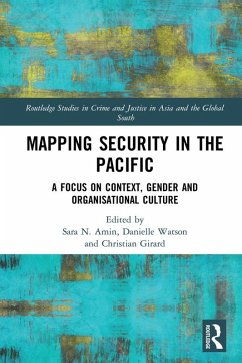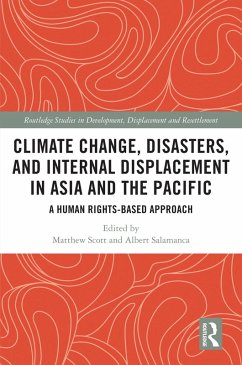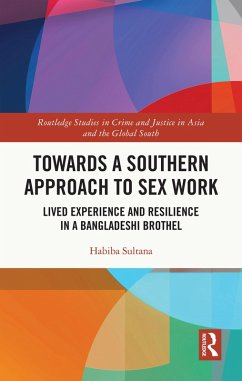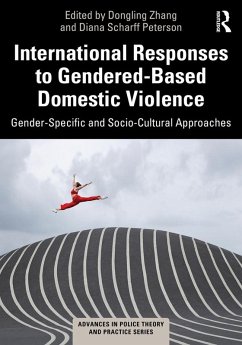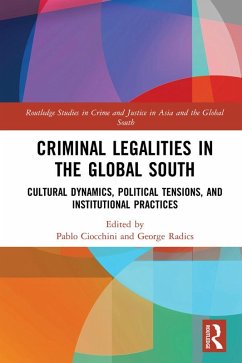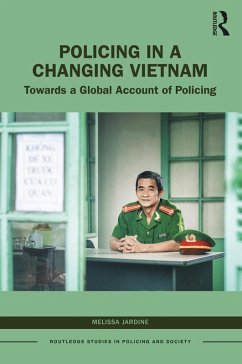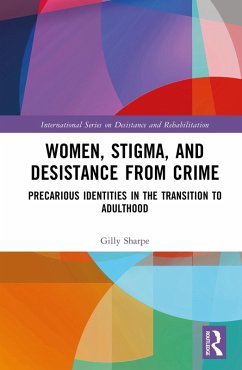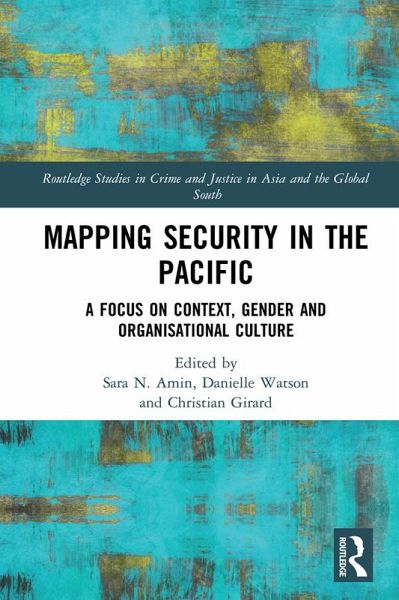
Mapping Security in the Pacific (eBook, ePUB)
A Focus on Context, Gender and Organisational Culture
Redaktion: Amin, Sara; Girard, Christian; Watson, Danielle
Versandkostenfrei!
Sofort per Download lieferbar
40,95 €
inkl. MwSt.
Weitere Ausgaben:

PAYBACK Punkte
20 °P sammeln!
This book examines questions about the changing nature of security and insecurity in Pacific Island Countries (PICs). Previous discussions of security in the Pacific region have been largely determined by the geopolitical interests of the Global North. This volume instead attempts to centre PICs' security interests by focussing on the role of organisational culture, power dynamics and gender in (in)security processes and outcomes.Mapping Security in the Pacific underscores the multidimensional nature of security, its relationship to local, international, organisational and cultural dynamics, t...
This book examines questions about the changing nature of security and insecurity in Pacific Island Countries (PICs). Previous discussions of security in the Pacific region have been largely determined by the geopolitical interests of the Global North. This volume instead attempts to centre PICs' security interests by focussing on the role of organisational culture, power dynamics and gender in (in)security processes and outcomes.
Mapping Security in the Pacific underscores the multidimensional nature of security, its relationship to local, international, organisational and cultural dynamics, the resistances engendered through various forms of insecurities, and innovative efforts to negotiate gender, context and organisational culture in reducing insecurity and enhancing justice. Covering the Pacific region widely, the volume brings forth context-specific analyses at micro-, meso- and macro-levels, allowing us to examine the interconnections between security, crime and justice, and point to the issues raised for crime and justice studies by environmental insecurity. In doing so, it opens up opportunities to rethink scholarly and policy frames related to security/insecurity about the Pacific.
Written in a clear and direct style, this book will appeal to students and scholars in criminology, sociology, cultural studies, social theory and those interested in learning about the Pacific region and different aspects of security.
Mapping Security in the Pacific underscores the multidimensional nature of security, its relationship to local, international, organisational and cultural dynamics, the resistances engendered through various forms of insecurities, and innovative efforts to negotiate gender, context and organisational culture in reducing insecurity and enhancing justice. Covering the Pacific region widely, the volume brings forth context-specific analyses at micro-, meso- and macro-levels, allowing us to examine the interconnections between security, crime and justice, and point to the issues raised for crime and justice studies by environmental insecurity. In doing so, it opens up opportunities to rethink scholarly and policy frames related to security/insecurity about the Pacific.
Written in a clear and direct style, this book will appeal to students and scholars in criminology, sociology, cultural studies, social theory and those interested in learning about the Pacific region and different aspects of security.
Dieser Download kann aus rechtlichen Gründen nur mit Rechnungsadresse in A, B, BG, CY, CZ, D, DK, EW, E, FIN, F, GR, HR, H, IRL, I, LT, L, LR, M, NL, PL, P, R, S, SLO, SK ausgeliefert werden.




